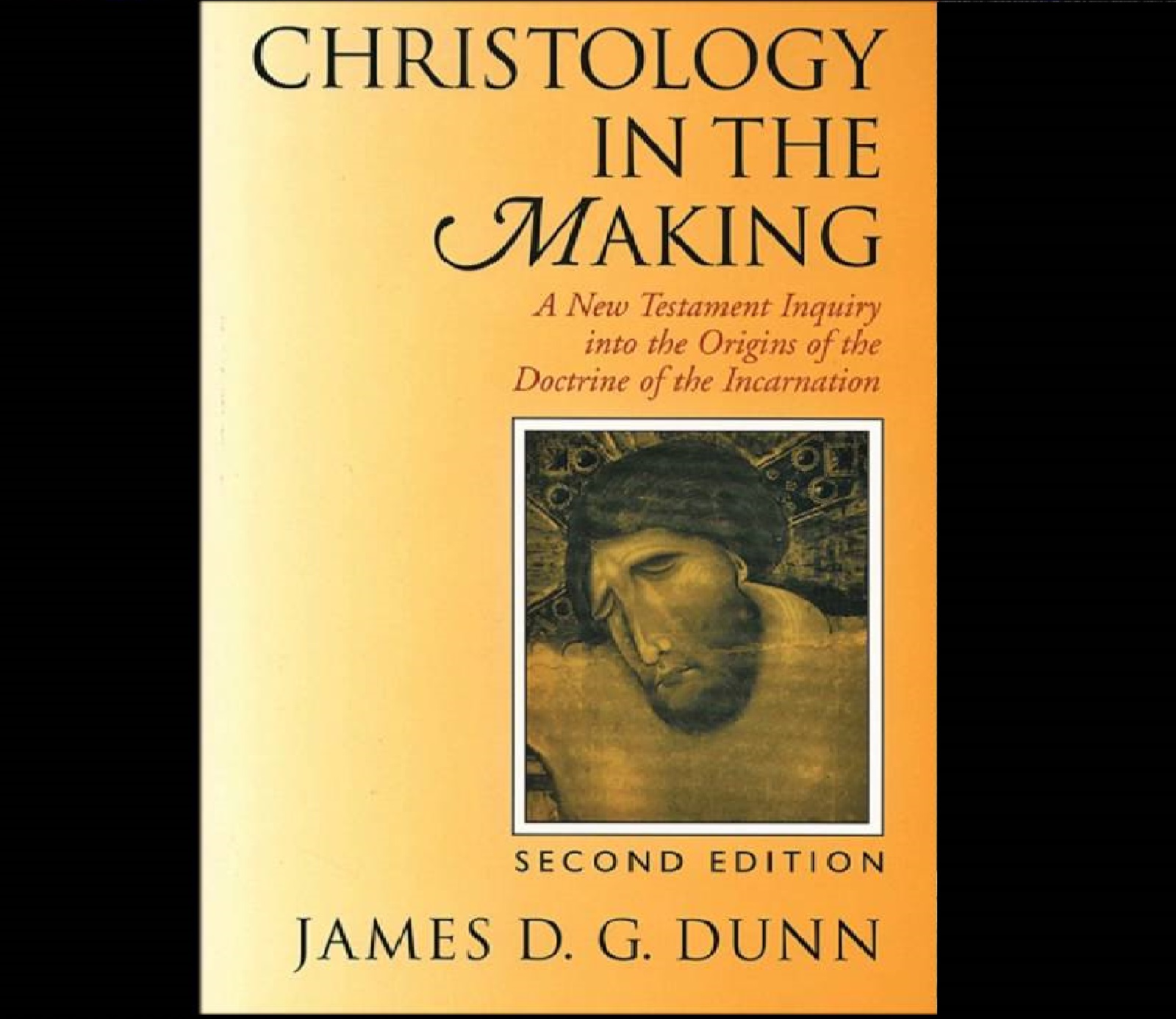
The Fateful “shift” from Son of God to “God the Son”
October 4, 2016
From “Christology in the Making” by James Dunn
October 4, 2016From “Jesus Was Not a Trinitarian” by Anthony Buzzard

Chapter 2
Who Was the God of Jesus and His Followers?
“Jesus taught no new doctrine of God…The God of whom Jesus speaks is the one God of Israel (Mark 12:29).”[1]
What then are the facts in the case we are examining? The Bible taken as a whole presents a strict numerically singular view of God. The Greek word for “God,” in the singular form of this noun, appears consistently in the New Testament as the designation of the Father of Jesus. This is pure unitarianism. God is the Father, as distinct from Jesus. If one takes the evidence of Scripture as a whole, there is not a single occasion on which the word “God” means the triune God! There are some twelve thousand occurrences of this word “God.”[2] The fact that no writer ever meant “the triune God” when he said “God” informs the unbiased reader that biblical writers were not Trinitarians. Writing the word “God,” the authors of the Bible never meant the Trinity.[3]
A unitarian understanding of God is reached by looking at the whole range of Scripture. It is a fact that the word “three” occurs in no biblical verse next to the word God, while singular verbs and pronouns designate God, thousands upon thousands of times.
Christians claim to be following the historical grammatical understanding of the sacred text. Words carry their normal meanings. It would seem reasonable to expect believers in God, when they find Him constantly represented by singular personal pronouns to understand that He is a singular Person. This impression is confirmed, surely, by the presence of thousands of occurrences of the singular nouns for “God.” Is anyone prepared to contradict ordinary rules of communication and claim that the God who speaks in the Bible as “I” really means “I three”? When David addressed his God and said “You alone are God” (Ps. 86:10), did he have in mind a triune God of three Persons?
Jews for all their history and as custodians of the sacred text never mistook the meaning of the words “I,” “Me,” “He,” and “Him” as designating the true God.
Unfortunately some evangelicals disregard the massive evidence of the Hebrew Bible and make this sort of claim:
In the process of history God has revealed Himself as one God, subsisting in three Persons. God as revealed in the Bible is not a simple undifferentiated Subject; but His being is in three objectively distinguished Subjects…That the being of God is complex, in the sense of objectively distinguished Subjects, is a basic presupposition of many OT passages. Psalm 110:1, “Jehovah saith unto my Lord, Sit thou at my right hand until I make thine enemies thy footstool.”[4]
As we shall see, this statement, in addition to its disregard for the single Person who speaks as God, contains a remarkable “clanger.” The word “lord” (in the form “my lord”) at the beginning of the verse quoted from Psalm 110 never means the Lord God, but always a superior who is not God! This error of fact has been repeated in article after article even in standard works. To prove the Deity of the second member of the Trinity based on a title which never indicates Deity is astonishing!
To make our case for the Jewish creed of Jesus and the New Testament certain defining statistics need to be kept always in mind. In the New Testament the Greek word for God — ho theos (“the God”) — is found no less than 1317 times as a description of the Father of Jesus, as distinct from Jesus who is His Son. Thus God and Father are repeatedly linked in the mind of the reader. Moreover that same God is called “God and Father,” “God, “the Father,” “God our Father.” When mentioned next to Jesus, His unique Son, God is “the God and Father of our Lord Jesus Christ.” While Jesus is never called “the true God” or “the only true God” or “the Almighty” (pantocrator),[5] the Father alone is given those descriptions, in addition to the mass of material just mentioned, which pictures Him as one Divine Person. Every form of language available attaches to the Father of Jesus the idea of complete singleness, supremacy and exclusivity. “There is none beside Him.” God the Father is said to be in His own class, unique and unrivaled — a position which He guards with an appropriate divine jealousy. Of Himself the God of Israel states, “I alone stretched forth the heavens and earth. No one was with me” (Isa. 44:24). “The God of Israel” is mentioned as such 300 times in the Bible, and in both Testaments. He is never said to be “begotten,” which means brought into existence. By direct contrast, the Son of God is said to be “begotten,” meaning of course that he had a beginning of existence and by definition cannot therefore be the supreme God.
Jews as custodians of the oracles of God (Rom. 3:2) for their entire history have never admitted belief in a God who is three Persons. Jesus was a Jew, and on the evidence available to us he certainly was not a Trinitarian.
[1]Hans Hinrich Wendt, The Teaching of Jesus, T & T Clark, 1892, 184.
[2]YHVH, the personal name of God, occurs some 7000 times, always with singular verbs and pronouns; elohim (God) some 2300 times; Adonai, the Lord God, 449 times; and in the Greek New Testament ho theos about 1317 times.
[3]James White in The Forgotten Trinity, Bethany House, 1998, cites no examples from Scripture of “God” meaning the triune God.
[4]“Trinity,” Merrill C. Tenney, ed., The Zondervan Pictorial Bible Dictionary, 1967, 871.
[5]Rev. 1:8 is a reference to the Father and not to Jesus.

